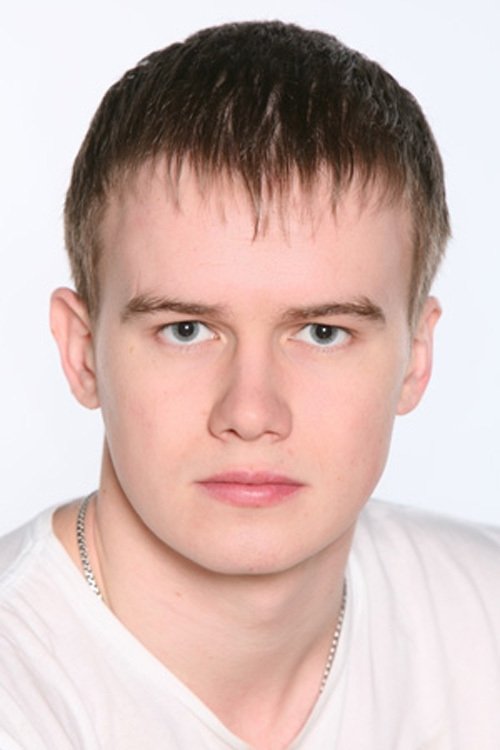
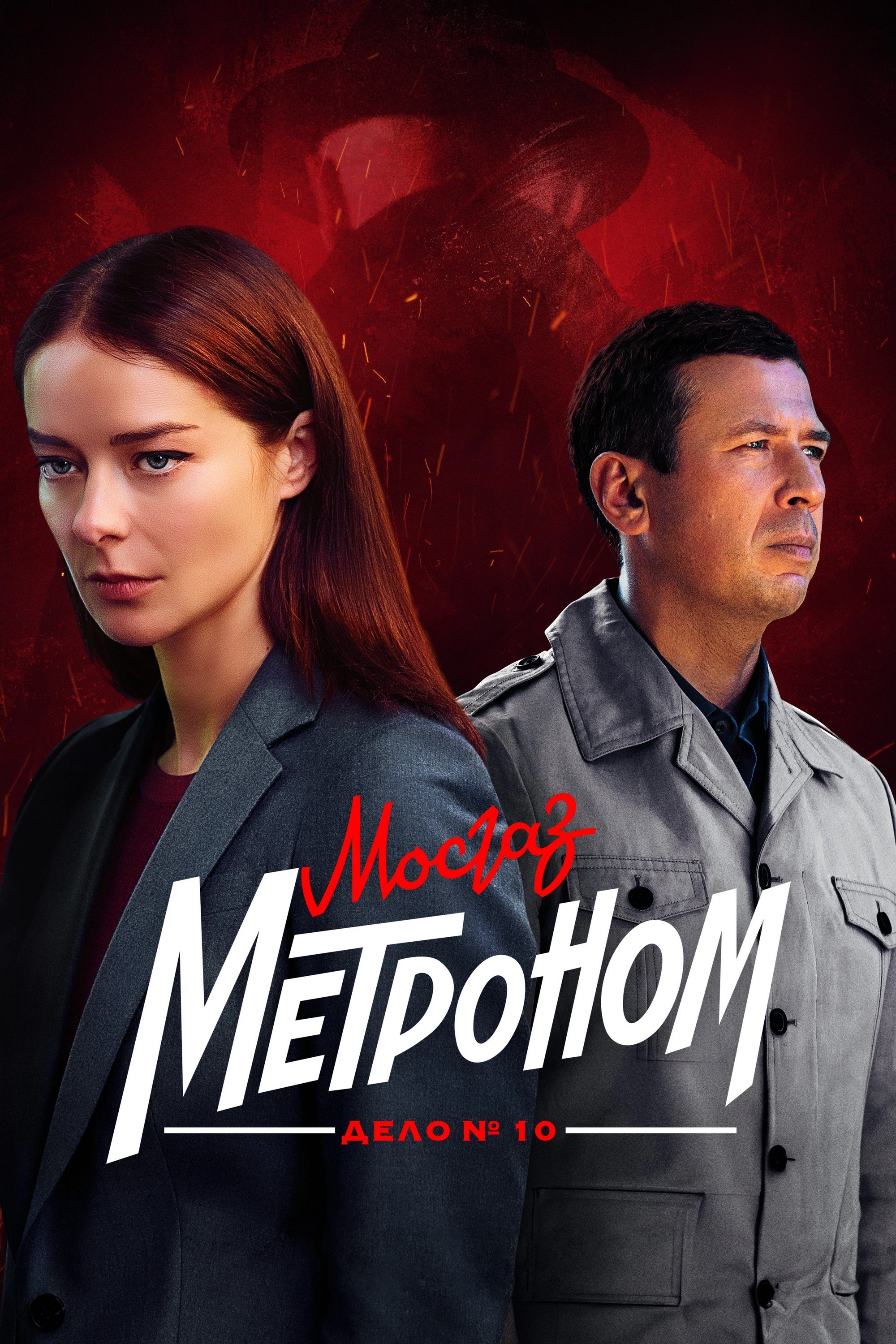
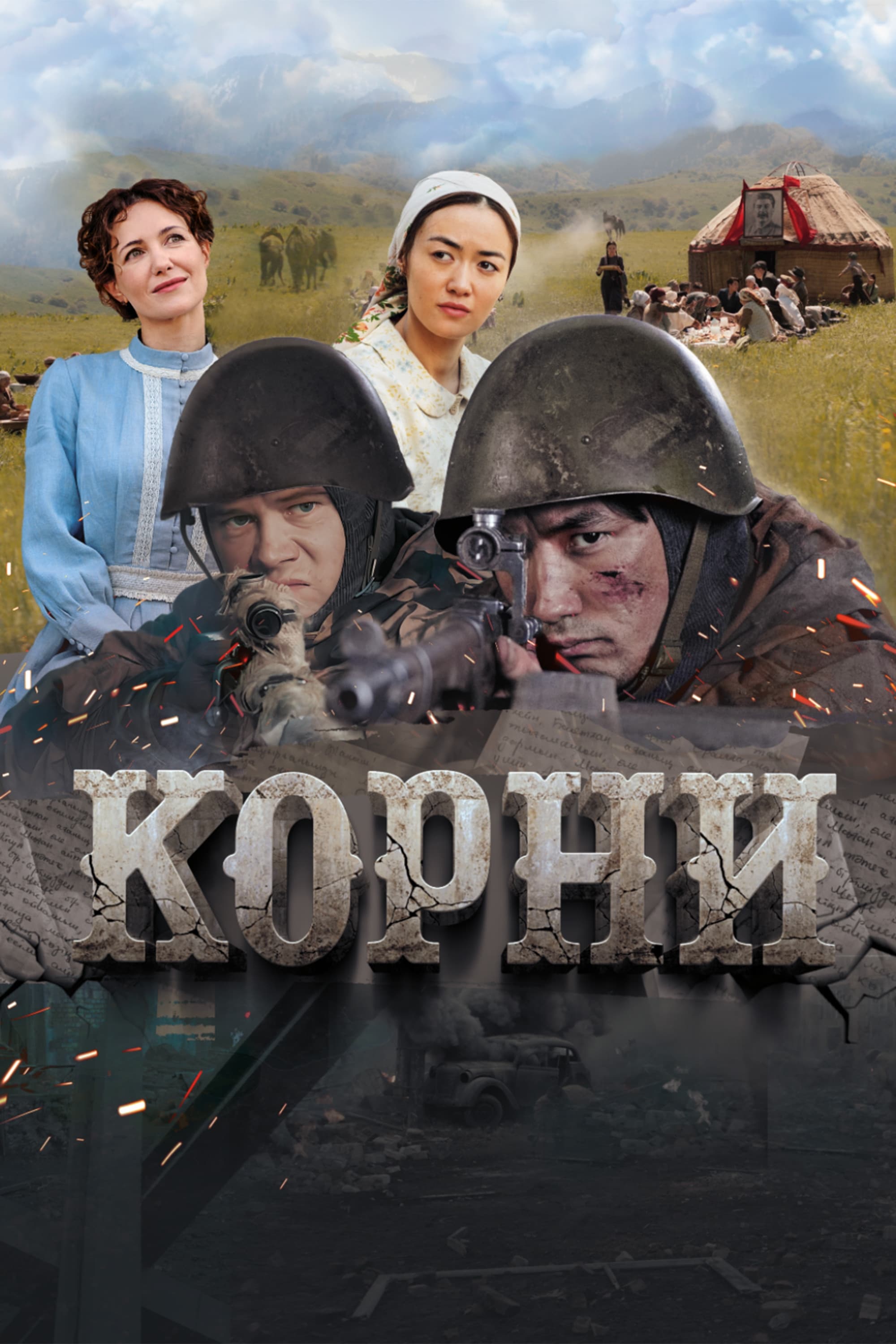
Left without parents, having gone through hardships and hardships, Kasym ends up in a boarding school, where he learns true friendship and becomes a marksman. Growing up, he falls in love, goes through exploits and betrayal during the Great Patriotic War. A "thread" from the past helps him to keep a person in himself, which connects him with the roots of the family and the values of his ancestors.
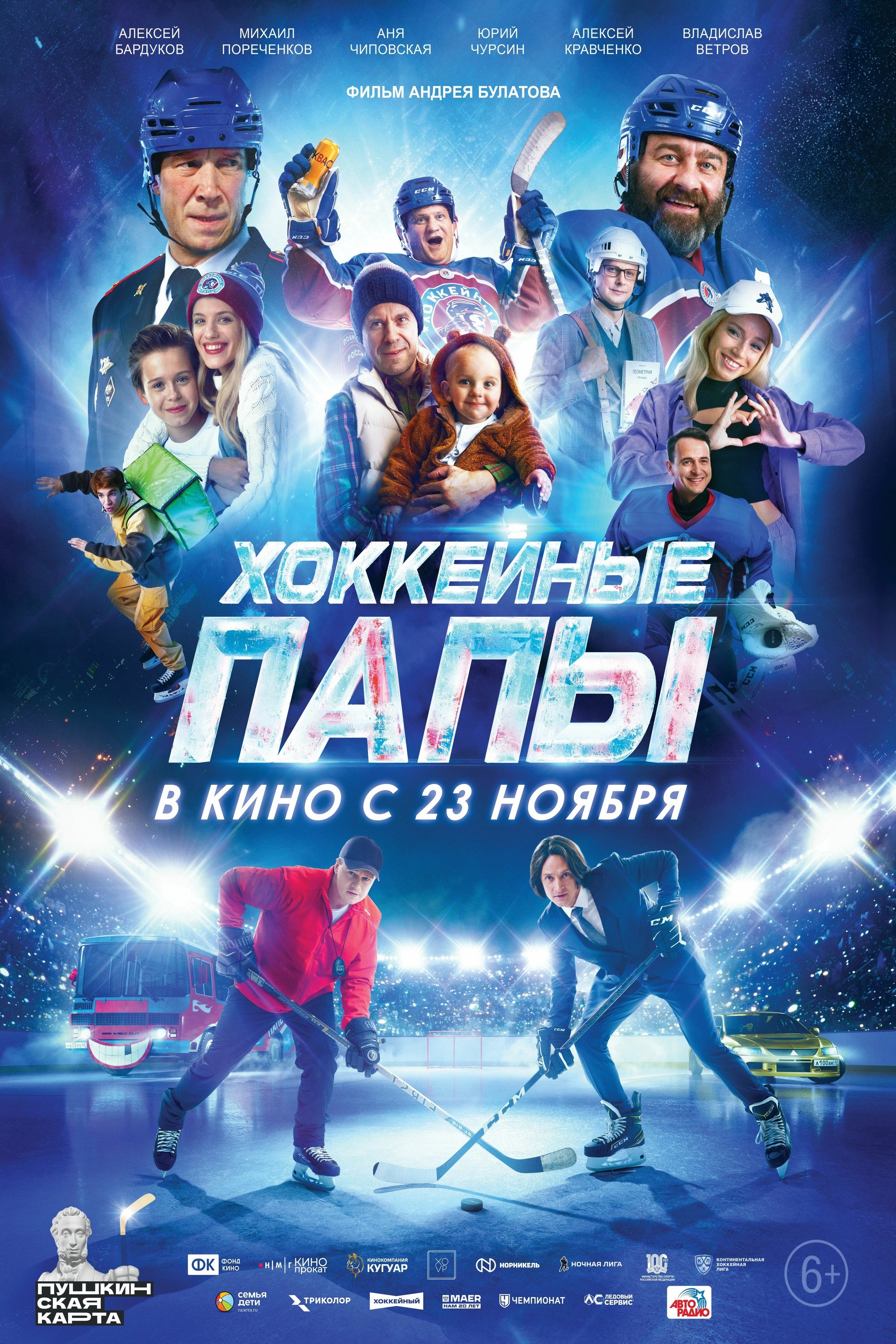
Andrey is the coach of a children's hockey team in a small provincial town. The hero's measured life is disrupted by the news that the only ice palace in the city, where he trains children, is going to be demolished. The only way to save him is to win an amateur hockey tournament. Andrey has only a few months to assemble a team and prepare it for the games. Fathers of little hockey players decide to take to the ice themselves and fight for the future of their children.
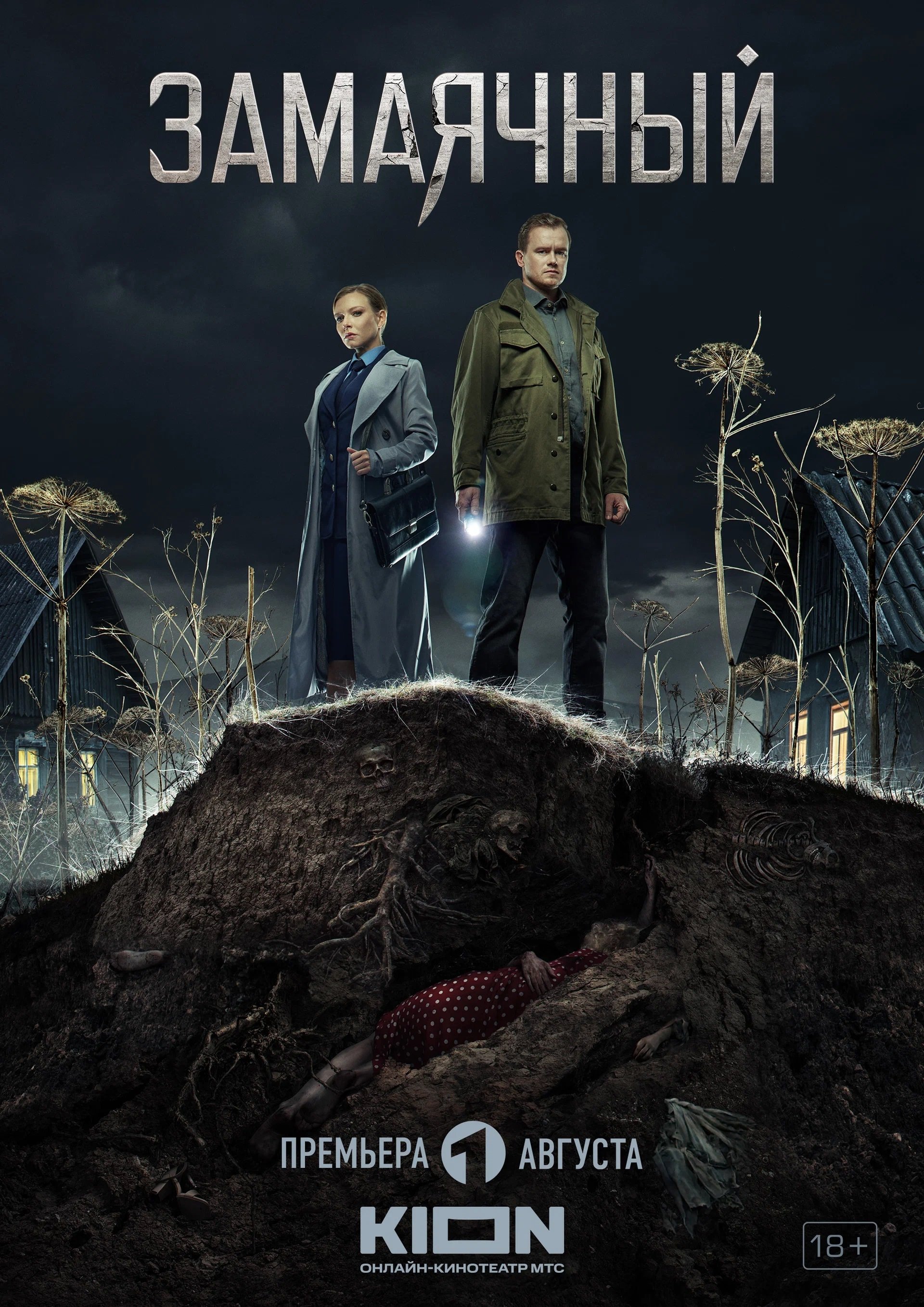
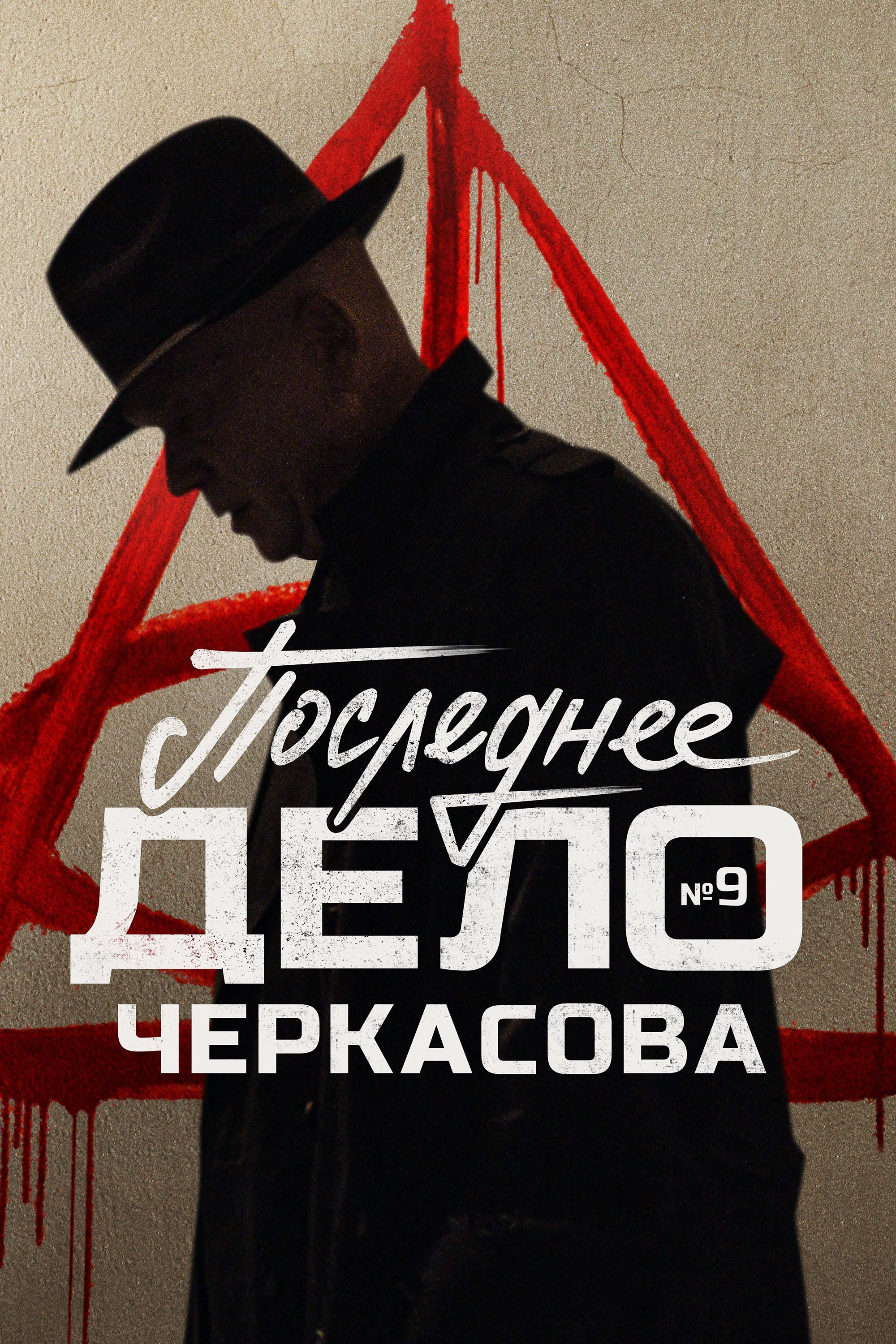
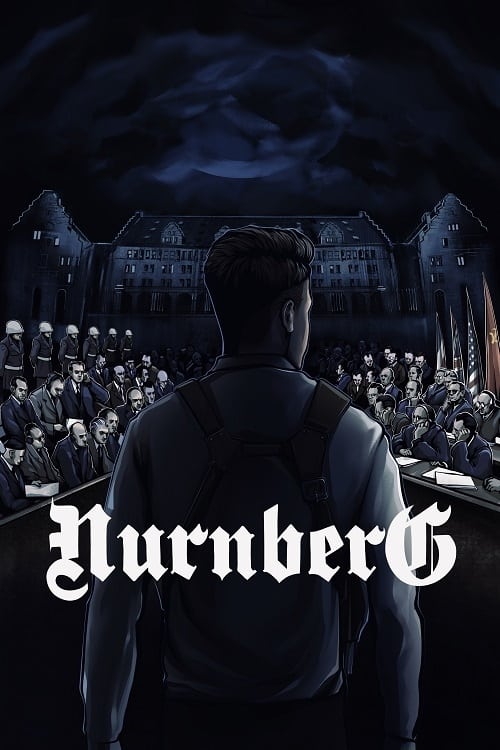
1945. The International Military Tribunal begins its work in Nuremberg. A huge number of people from all over the world come to the trial, which will later be called the Trial of the Century: the city is crowded with journalists, lawyers, translators, witnesses and many participants and employees of the process.
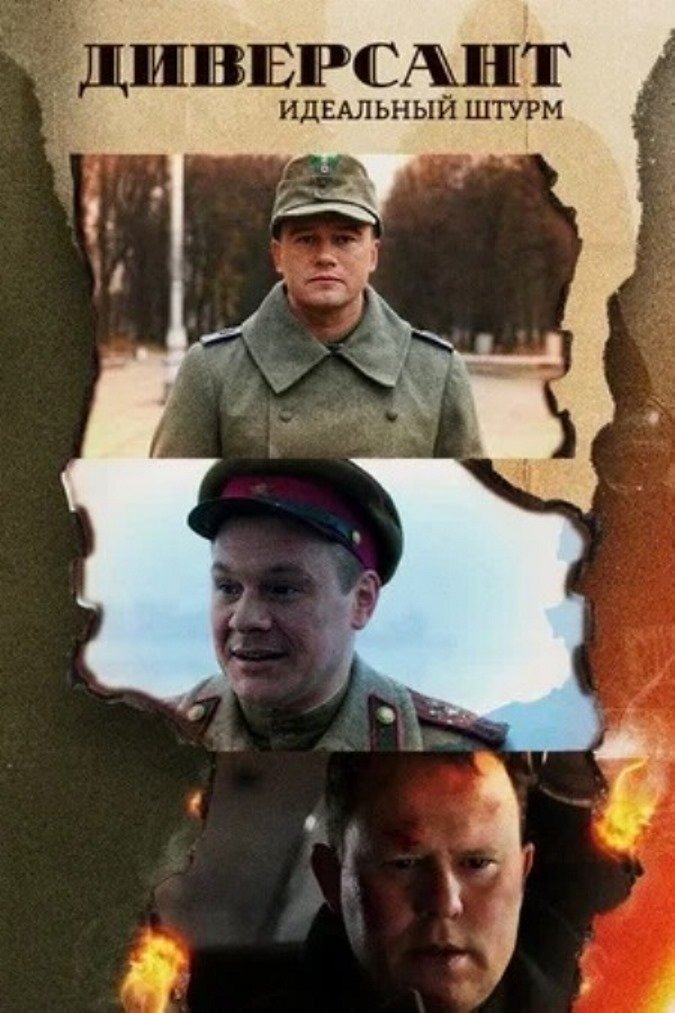
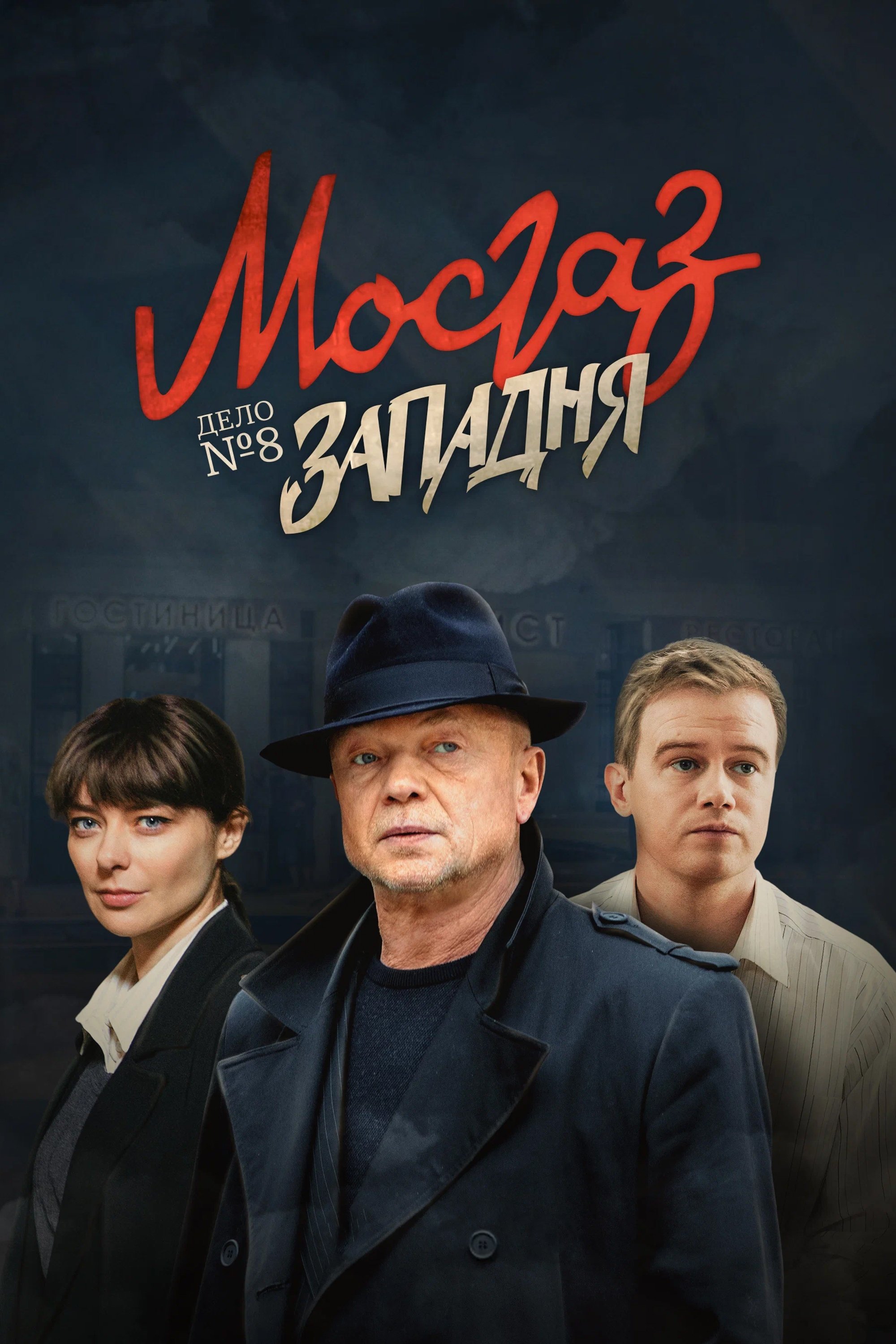
1980 year. Pre-Olympic Moscow. The MUR people were tasked with preventing a single crime in the capital, clearing the city of all unreliable elements. Even the slaughter department is involved in the execution. Cherkasov and his team are entrusted with the fight against prostitution and "bad luck." But, instead, Ivan Petrovich is forced to investigate one murder after another. In the center of events is a bandit named Skull who recently left the prison. Almost all of the murders committed take place under the Skull, but there is no direct evidence of his involvement in the crimes. It is impossible to prove his guilt, but at the same time his innocence is under great doubt: as if someone invisible constantly saves the Skull from death, clearing the way for him. But who might be interested in this?

Different strokes for different folks - says the proverb. Born a rabble dies a rabble. But this is the year 1700, the time of dramatic changes in the Russian Empire, the time of reformations carried out by Peter the Great. Young serf Ivan Starshov is head over heels in love with Maria, the daughter of his master. He doesn't want to accept that the young princess is no match for him. "You gave me wishes, but you do not allow me to satisfy them!" rages Ivan against God. He asks a priest for help, since God created all people equal. But the priest repeats the proverb. Accept your fate destiny as it is. In despair, Starshov repudiates from faith. Ivan is stubborn; he leaves the village to take possession of his fate. This is how the protagonist gets on the winding road to the true understanding of Love.
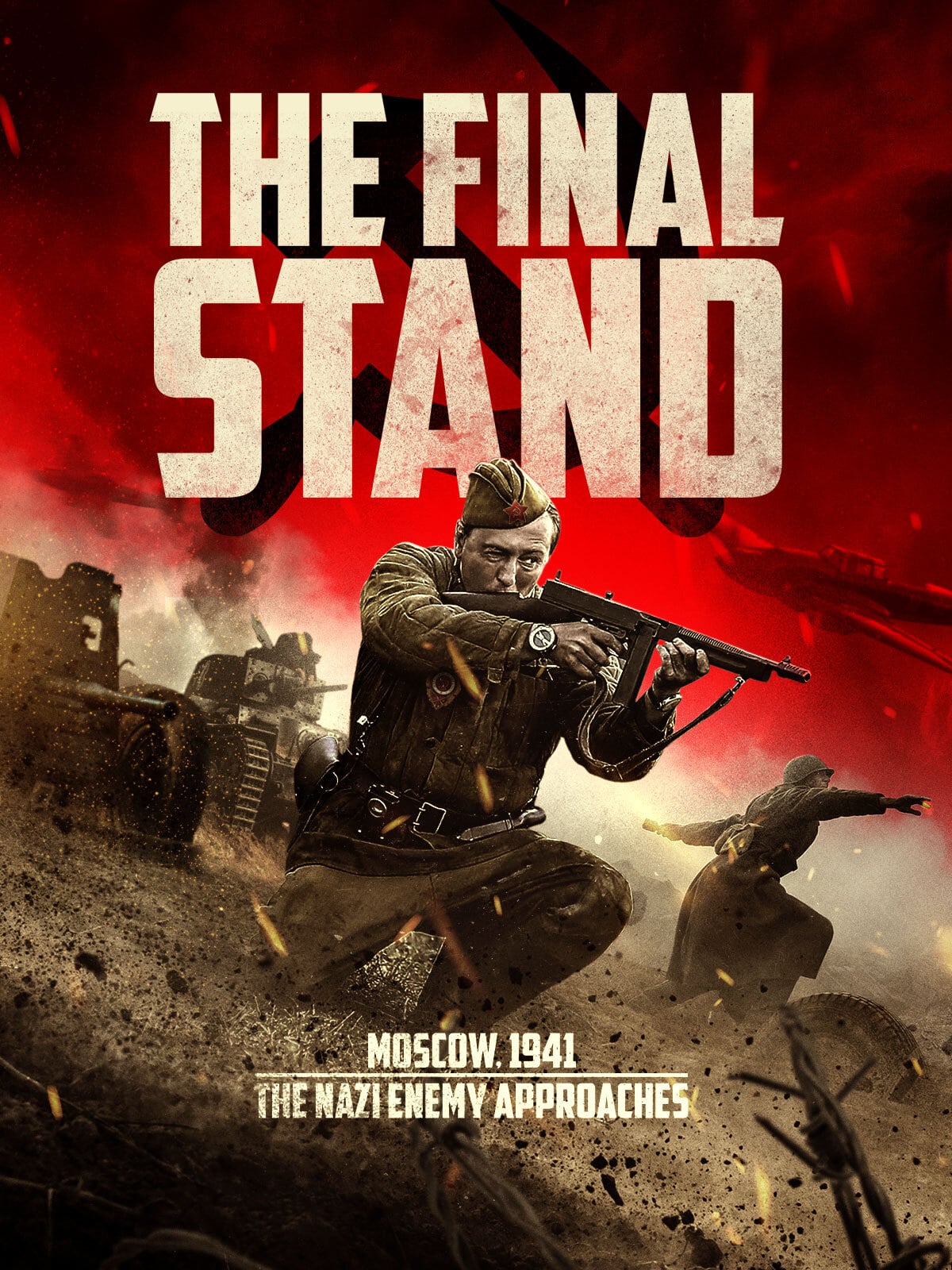
The story of the Podolsk cadets’ heroic stand outside Moscow in October 1941. Cadets were sent to the Ilyinsky line, fighting alongside units from the Soviet 43rd Army to hold back the German advance until reinforcements arrived. Hopelessly outnumbered, young men laid down their lives in a battle lasting almost two weeks to obstruct the far superior German forces advancing towards Moscow. Around 3,500 cadets and their commanding officers were sent to hold up the last line of defense outside Moscow. Most of them remained there for eternity.
By browsing this website, you accept our cookies policy.